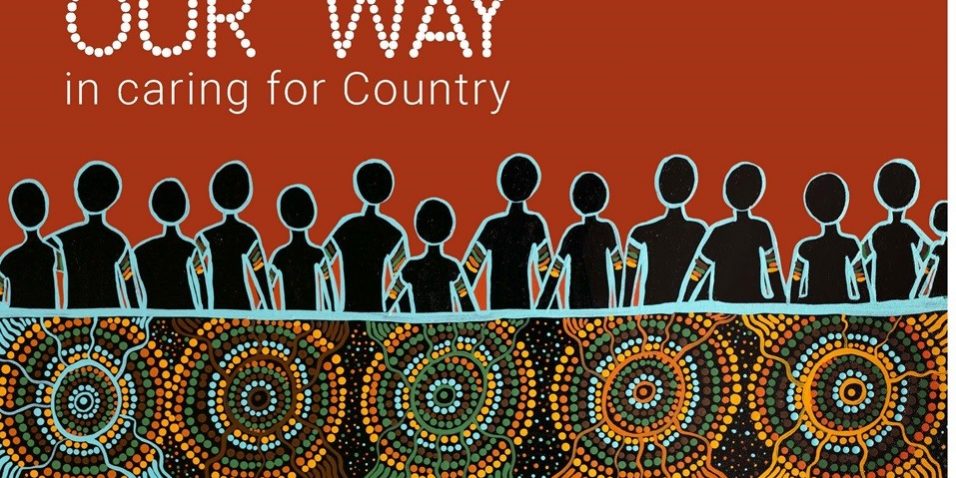Indigenous Australians rights of ownership and management have been recognised over nearly half of Australia and their knowledge systems connect them to their Country and cultures. As significant landowners, managers and custodians, Indigenous peoples are applying their knowledge s in caring for Country, generating many benefits.
However, there are many challenges for both Indigenous peoples and their partners in working with Indigenous knowledge – misappropriation and misuse of knowledge is common. Too often Indigenous knowledge has been commercially exploited without benefits flowing to communities, used without consent and in ways that are considered harmful by Traditional Custodians.
The Our Knowledge Our Way in caring for Country Best Practice Guidelines, gives a voice to Indigenous land and sea managers who have found good ways to strengthen their knowledge and build partnerships for knowledge sharing in caring for Country.
In partnership with the North Australian Indigenous Land and Sea Management Alliance, and with support from the Australian Committee of the IUCN, CSIRO answered a call from the Indigenous-majority Project Steering Group to develop a set of Best Practice Guidelines for working with Indigenous knowledge in land and sea management that would:
- Empower Indigenous people to look after Country ‘our way’
- Improve environmental conditions and recognise the multiple social, cultural and economic benefits that come from effective Indigenous adaptive management of Country.
The Guidelines are based on 23 Australian case studies, submitted by Indigenous people and their representative bodies, that show how Our Knowledge Our Way in caring for Country can be supported through:
- Strengthening Indigenous knowledge – including through creating and maintaining access to land and sea Country; ensuring strong cultural government of Indigenous knowledge; and keeping and revitalising knowledge, language and culture through programs and practice
- Strong partnerships – that enable the building of respect and appreciation for Indigenous knowledge; development of protocols to guide knowledge sharing; and engaging with the principles of free, prior and informed consent
- Sharing and weaving knowledge – Indigenous managers often weave knowledge to manage new and complex land and sea management issues. Indigenous-led and co-developed tools are most appropriate, and those that promote inter-generational transfer of knowledge are highly valued
- Indigenous networks – National and global networks that promote Indigenous knowledge practices are important as they offer peer-to-peer learning opportunities for Indigenous land and sea management practitioners.







